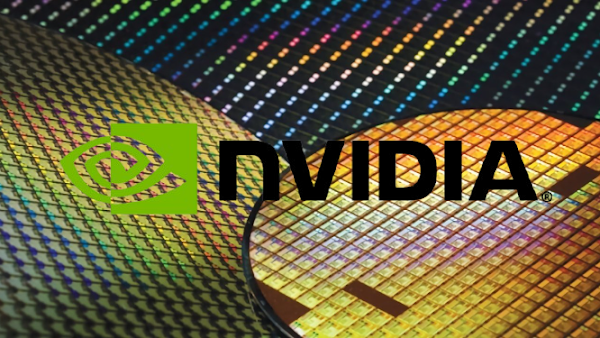NVIDIA is reportedly exploring a switch to Samsung Foundry for its 2nm chip production, moving away from TSMC due to the high costs and TSMC's growing market control. This rumor comes amidst concerns about TSMC's pricing power in the 2nm market.
Diversifying 2nm Supply
According to a report by Ctee, major clients like NVIDIA are discussing alternatives to TSMC for their 2nm chip orders. They believe TSMC's 2nm costs are too high and that TSMC is leveraging its position as the primary "credible" supplier to control prices.
While TSMC, Samsung, and Rapidus (a Japanese firm) are all potential 2nm suppliers, TSMC currently leads in yield rates. However, major clients are seeking to diversify their supply chains and reduce reliance on TSMC, potentially opening up opportunities for competitors. This isn't just NVIDIA as companies like Qualcomm are also reportedly seeking a "dual source" approach.
Samsung Foundry as an Option
Specifically, the report suggests NVIDIA is considering Samsung Foundry for 2nm production. However, NVIDIA is said to be reluctant, given Samsung's past performance with other clients, such as Qualcomm. It is also noted that, due to concerns about the quality of Samsung's 2nm process, companies may ultimately have to revert back to TSMC.
The adoption of 2nm technology seems to be slowing down, with Apple reportedly delaying its 2nm plans until 2026. With NVIDIA and others exploring alternatives to TSMC, it is likely that widespread integration of 2nm chips into consumer products will take some time.


